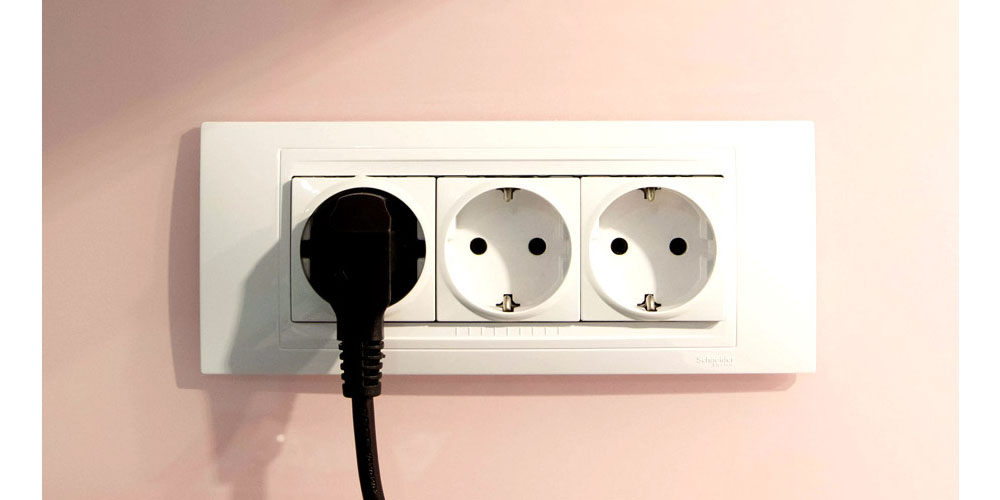There are various electrical plugs in the market, and choosing the right one may be challenging. Nonetheless, the correct electric plug will be reliable and efficient. Below are some of the things that you should consider as you purchase a prise electrique.
1. Take into account the Operating Voltage and the Current Rating
The current rating is among the essential aspects that you should consider. It’s a measure of the current that flows through the terminal, and it is measured in amperes. The flow can be derated or adjusted depending on the circuits present in the house.
2. The Recommended Operating Temperature Range Should Be Considered
Some electric components are subjected to conditions such as shock and vibration. The terminal and cable connectors have been designed to withstand such conditions that they have unique features that can resist shock, vibration, and adverse weather temperatures.
Ensure you have chosen the electrical plug after considering factors such as operating temperatures and the electric connector’s proximity.
3. Ensure the Plug Has Environmental Sealing
There are environments whereby there should be protection against inflammable vapors, gases, and liquids. The electrical plugs in such instances should have the environmental sealing option such that unexpected splashes will not pose a significant threat. The IP rating number should be verified such that you will be confident you are investing in the right electrical plug.
Environmental sealing is of great importance since it ensures the workplace is safe, especially in underwater or aerospace environments.
4. Calculate the Cost
The total cost should comprise the plug, the receptacle, and labor cost. The electrician will attach the electrical wires and insert them into the building.
5. Write Down Your Requirements
Consider the number of signals present. Also, the voltages, frequencies, and currents being handled by the electrical plug matter. Finally, are the signals digital or analog?
When the signals are combined, both digital and analog, the connector type will be impacted, and the wiring too. For example, there is a coaxial connection for high-frequency signals, and the signals will need shielding because of the low-level analog signals.
6. Check Whether the Electrical Plug is Reliable
Reliability is among the most important factors to consider as you purchase an electric connector. Nonetheless, reliability is a concept that relies on various factors. Accurate figures will be difficult to determine, but some connectors usually have specifications to select the right connector for each application easily.
7. Consider the Plating and Materials
Plating and terminal materials are among the last factors that you should focus on; however, many connectors are using nylon plastic, and they also have a high rating for inflammability. Some of the standard options that you can choose from include lead, gold, and tin.
The base materials usually are available in brass and phosphor bronze. They usually have good current-carrying capabilities and unprecedented strength levels regardless of whether they are exposed to high temperatures.
Final Thoughts
Additional factors that you should consider include the size of the wire, the operating voltage, engagement force, the circuit size, and the configuration. All this factors must be put into consideration. Any mistake might cost you way much.

